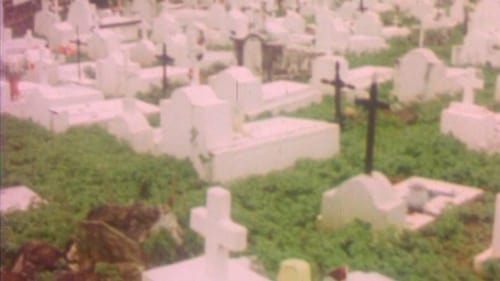
Director

Director
In October 1954, a few days before the departure of the French from Pondicherry to the new Indian Republic, Stanislas Charvin, a young European born in India but raised in France by his grandmother, arrives, impatient, with the sole objective of bringing his mother's remains back to France. Through this initiatory journey, he will find a hated father, meet love, learn terrible revelations about his mother's existence and discover a world more modern than he thought.

Director
Fabrice is an otherwise brutish truck driver who loves the disciplines involved in bicycle racing. He's no champion and doesn't appear to care much whether he wins any or not. In the crowded spaces of his world, the aloneness that comes with being a racer in training affords him a much-needed solitude and peace of mind. It's probably best for the people around him, too. In fact, it would be good if he could remain on his bike forever, because his nearly insane fear and distrust of others leads him to some pretty obnoxious behavior, especially with the women in his life.

Director
The year 1989 marked the 200th anniversary of the French Revolution, and a number of filmmakers put together movies intended to celebrate that event. This historical action drama, based on the book Sous le vent de galerne by Andre Guilloteau looks at some of the less well-known and unappealing consequences of the republican takeover. In 1793, the entire region of Vendee rose up in revolt against the republican French government. Instead of bringing relief from the heavy taxation imposed under the monarchy, the republican government actually raised taxes in the region, and to add insult to injury, also imposed a heavy burden of military conscription ("the draft") on it. In the story, the inhabitants of one of the villages of the region organize under their blacksmith and a local nobleman to fight the government forces, but before they can prepare for a proper battle, they are massacred.

Director
In 1859, Savoy Alps, Joseph is a peddler who leaves his mountain village to travel through Northern Italy to sell cotton, thread, lace and trinkets. His road will be strewn with pitfalls and encounters, sometimes funny, sometimes pathetic.

Editor
For 'Et les chiens se taisaient' Maldoror adapted a piece of theatre by the poet and politician Aimé Césaire (1913–2008), about a rebel who becomes profoundly aware of his otherness when condemned to death. His existential dialogue with his mother reverberates around the African sculptures on display at the Musée de l'Homme, a Parisian museum full of colonial plunder whose director was the Surrealist anthropologist Michel Leiris.




